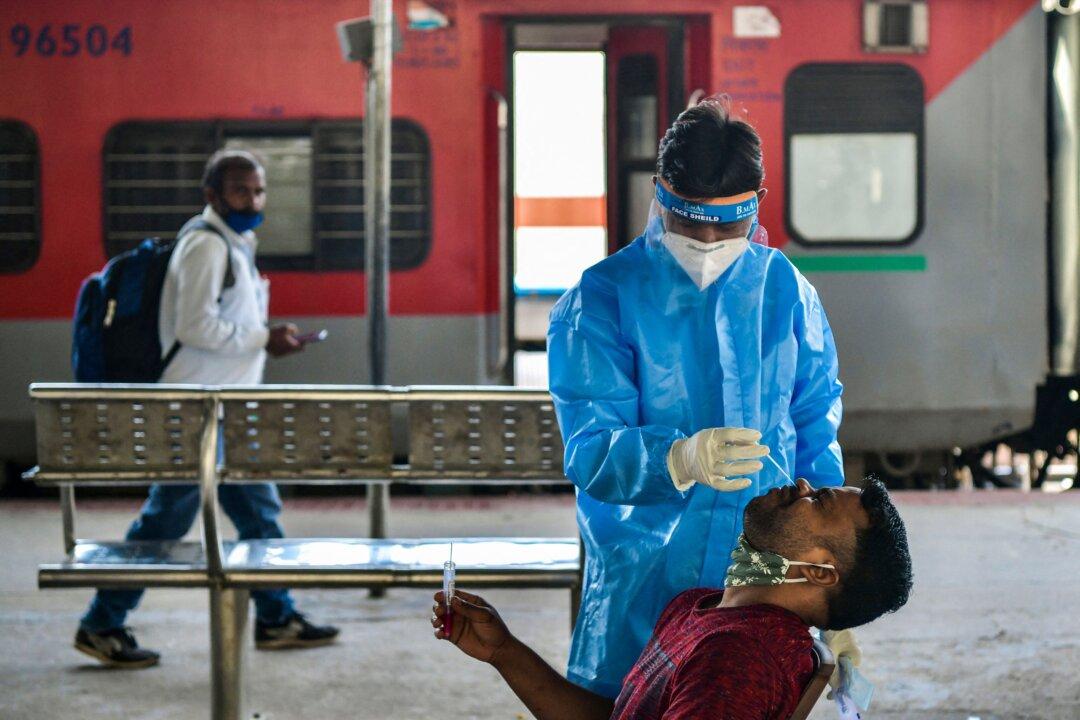UK health authorities have identified 77 cases of a new CCP virus variant first identified in India, which has two mutations that may contribute to increased transmissibility and resistance to vaccines.
In its latest update issued on Thursday, Public Health England (PHE) said the new mutant virus, known as B.1.617, has been designated a “Variant Under Investigation” (VUI) and both PHE and its international partners continue to monitor the situation closely.





